Cow’s milk protein intolerance, or CMPI, is a condition in which the body’s immune system reacts to protein found in cow’s milk. As you know, the immune system normally protects our bodies from harm caused by bacteria or viruses. For infants with CMPI, their immune system reacts unusually to the protein found in cow’s milk, and the reaction can cause injury to the child’s stomach and intestines.
CMPI risk factors
CMPI is very common and can affect anywhere from 2-3% of babies younger than 1 year of age. The risk of developing CMPI in an older child is lower — it typically occurs in less than 1% of children under 6 years of age.
Some risk factors that have been shown to be associated with developing CMPI include having a parent or sibling with asthma, eczema or seasonal allergies.
Breastfeeding seems to protect infants from developing CMPI, but some breastfed infants will still have CMPI (it affects around 0.5% of breastfed infants).
CMPI symptoms
Symptoms of cow’s milk protein intolerance can vary greatly. Babies usually develop symptoms within the first week of starting cow’s milk in their diet, and most infants with CMPI show signs that involve the gastrointestinal (GI) system. This can include blood or mucous in the stool, multiple loose stools, vomiting or apparent abdominal pain. Some babies will also exhibit irritability or poor growth.
How is CMPI diagnosed?
It’s important to always bring any GI concerns to your pediatrician for discussion, but it may also be helpful to see a pediatric gastroenterologist.
CMPI is typically diagnosed after you have described your child’s symptoms and the doctor has performed a physical examination of your child. The timing of the symptoms in relation to feedings may also help to diagnose cow’s milk protein intolerance.
If your child is irritable or refusing to feed, it can sometimes be helpful to test their stool for microscopic (not seen with the naked eye) blood in the stool. This can be done at the pediatrician or GI office.
Blood tests and other invasive studies are not always helpful in diagnosing cow’s milk protein intolerance. However, your provider may recommend other tests to exclude other problems.
Symptoms that would warrant more immediate evaluation include increased tiredness or lethargy, fevers, severe vomiting or diarrhea, not tolerating any of their feeds, weight loss and significant blood in stool.
Treating CMPI
Treatment of CMPI includes eliminating cow’s milk protein from your infant’s diet. This is usually started with an extensively hydrolyzed formula, which is made up of broken-down proteins that can be digested without an immune reaction. Examples of these formulas are Alimentum or Nutramigen. If your pediatrician or pediatric gastroenterologist feels these formulas may be helpful, they can likely provide you with a sample at the office. They can also be found in most grocery stores.
Most infants (around 90%) will respond to this change. However, some infants will need to use amino acid-based formulas, which are formulas containing the individual building blocks of proteins and are even further broken down to make them easier to digest.
If your infant is breastfed, your provider may ask you to remove milk from your diet while breastfeeding. It may also be necessary to remove soy products from your diet as well, as it is common to also have intolerance to soy protein. This may be difficult, and it may be beneficial to consult with a dietitian for help getting started with this elimination diet. A mother’s nutrition while breastfeeding is very important!
Luckily, cow’s milk protein intolerance resolves in 90% of children by the age of 6 years, and 50% of infants will have tolerance at 1 year of age. Guidance from your pediatrician or pediatric gastroenterologist will be helpful along the way.
This information is adapted from the North American Society for Pediatric Gastroenterology, Hepatology and Nutrition (NASPGHAN) and is intended only to provide general information.
 https://riseandshine.childrensnational.org/wp-content/uploads/2025/08/epi-pens-feature.jpg
300
400
Danielle Robbins
https://riseandshine.childrensnational.org/wp-content/uploads/2017/11/childrens_riseandshine_logo.jpg
Danielle Robbins2025-08-26 12:24:232025-08-26 16:12:43Back-to-school safety tips for kids with food allergies
https://riseandshine.childrensnational.org/wp-content/uploads/2025/08/epi-pens-feature.jpg
300
400
Danielle Robbins
https://riseandshine.childrensnational.org/wp-content/uploads/2017/11/childrens_riseandshine_logo.jpg
Danielle Robbins2025-08-26 12:24:232025-08-26 16:12:43Back-to-school safety tips for kids with food allergies


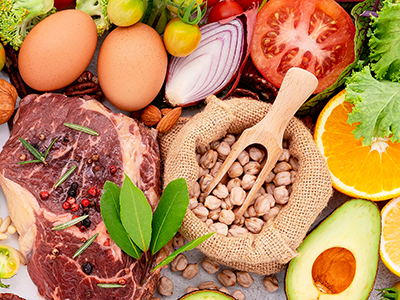
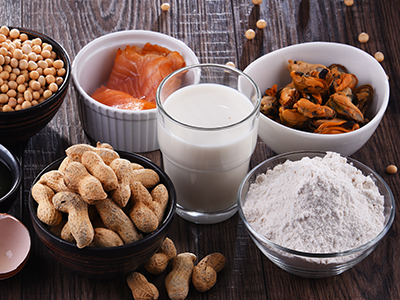
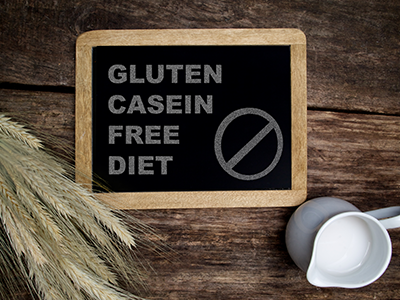







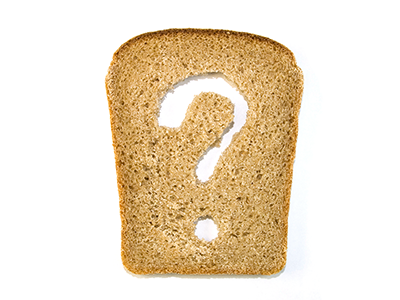

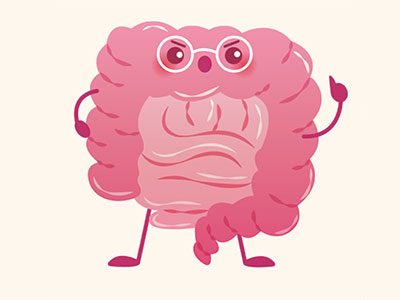





Leave a Comment
Want to join the discussion?Feel free to contribute!